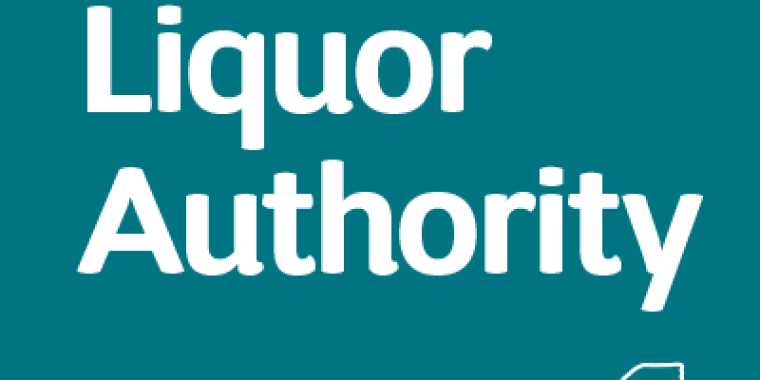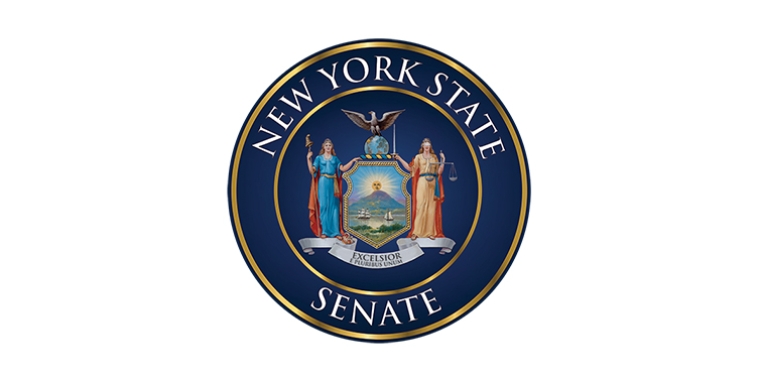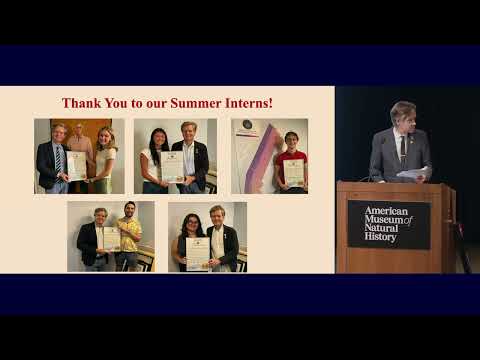
My Letter to the SLA Requesting a Meeting Regarding Lack of Community Input for Liquor Licenses
January 3, 2018

Dear Chair Bradley:
As representatives of lower Manhattan, we wish to discuss our concerns regarding the oversaturation of State Liquor Authority (SLA) licenses in many of the neighborhoods we represent south of 14th Street and to request a meeting to discuss in detail how these situations arise and may be resolved moving forward.
Our districts contain many residences above bars, restaurants, clubs, and other establishments that permit late night drinking, all of which affect the quality of life for our neighbors. As such, Lower Manhattan residents are often deeply involved in SLA applications that come before both the local community board and the larger SLA Board. Our neighborhoods have some of the oldest and most compact architecture and infrastructure in the state, and the small spaces that once made up a mixed-use community are now occupied by modern bars and restaurants. Oversaturation of drinking establishments is a daily struggle for many of our constituents. Community members contribute to and rely on the community board’s SLA Committee to fully vet applicants, negotiate terms, and find a suitable compromise to competing concerns. Community Board SLA committees are extremely important to the process and their assessments contribute greatly to the information that the SLA Commission receives. Unfortunately, these assessments rarely seem to exert appropriate influence over final SLA decisions.
It has come to our attention that in the last year, there have been several inconsistencies when applicants move from the community board to the SLA review of an application. It is our understanding that a number of approvals for full on-premise (OP) liquor licenses were granted despite considerable opposition from the local community boards. The local community boards opposed these applications because they ignored the “500 foot rule,” were in locations with no preexisting license, or were at oversaturated intersections or blocks. For example, in October 2015, an applicant for a full OP upgrade at a former café located at the intersection of West 4th and West 10th Street was denied at the community board level and eventually moved on to be heard by an Administrative Judge. There are more than 10 licensed establishments within 500 feet of this location and 9 establishments located at the intersection alone. Despite the denial and public opposition, it was still approved by the SLA Commission and has since been involved in an Article 78 proceeding.
We also understand that another application for a location on Grand Street sought to move an establishment from one storefront to another across the street in order take advantage of less expensive rent. The new location did not have a pre-existing license and would have been a new OP for that location, leaving behind the existing license across the street. Ultimately, this would have given the community two new bars on the same block. Even after much opposition from residents and Community Boards 2 and 3, another hearing regarding the “500 foot rule,” and review by an Administrative Judge, this application was approved by the SLA Commission. These are just two examples where it appears that the SLA’s own processes and rules run counter to the community board’s recommendations.
This can be disconcerting for community boards, and while there is some nuance to the individual applications, overall there appears to be a disconnect between what local community members negotiated with an applicant, and what is later approved by the SLA. We understand that these establishments are important and contribute to the mixed-use communities we represent. The overwhelming number of applications are approved by the community board without any controversy; however, ensuring a positive working relationship between local community boards and the SLA Commissioners means ensuring that they are on the same page and remain an important part of effectively processing applications for beer, wine, and liquor sales in establishments.
In order to continue to foster this relationship, we respectfully request a meeting at your earliest convenience between your office, State Senator Hoylman, State Senator Kavanagh, Assemblymember Glick, Assemblymember Niou, and Manhattan Community Boards 1, 2, and 3
We appreciate your time and attention to this matter. If you have any questions and to schedule this meeting, please contact Assemblymember Glick’s Office at 212-674-5153. We look forward to continuing to work with you on this crucial issue.


